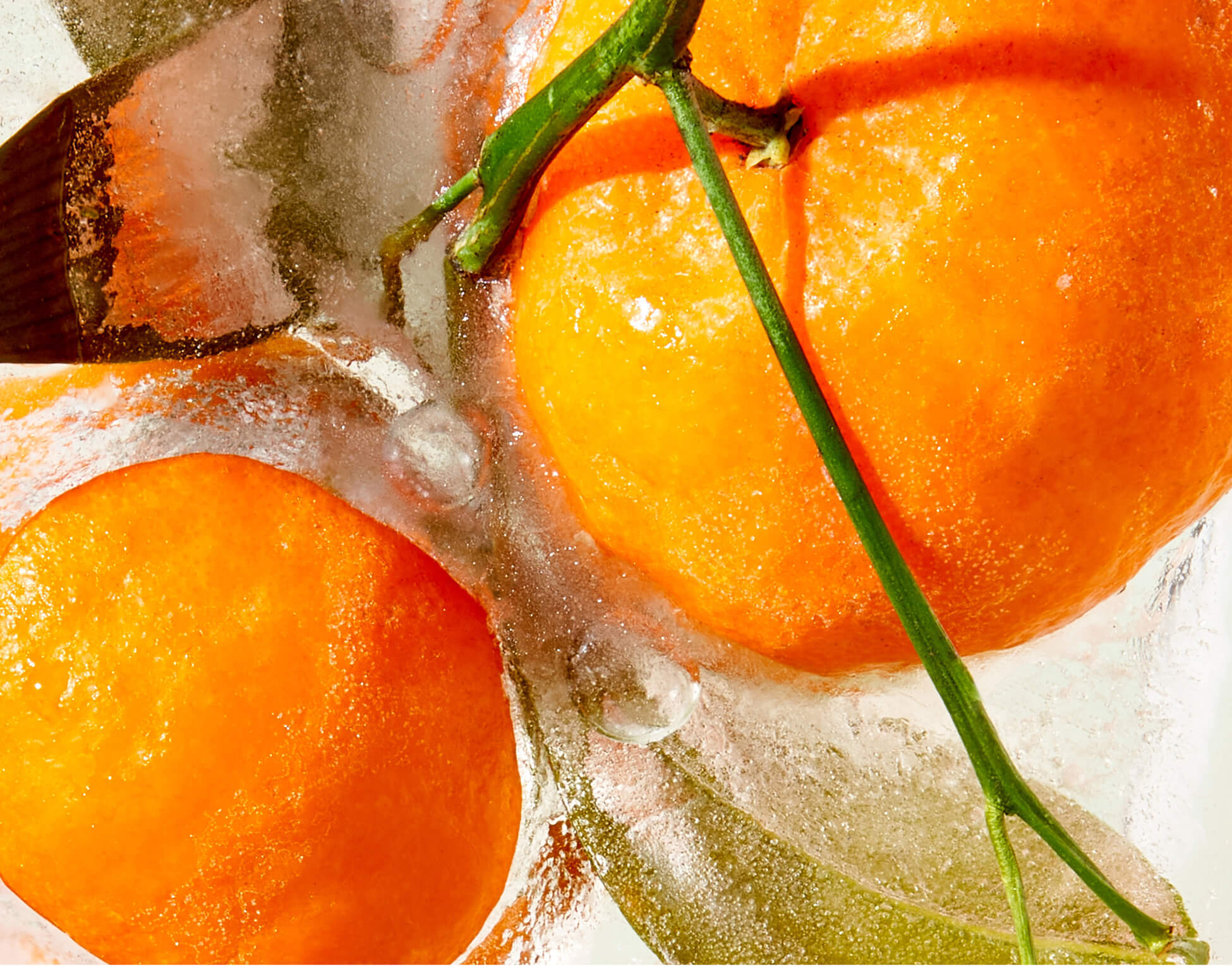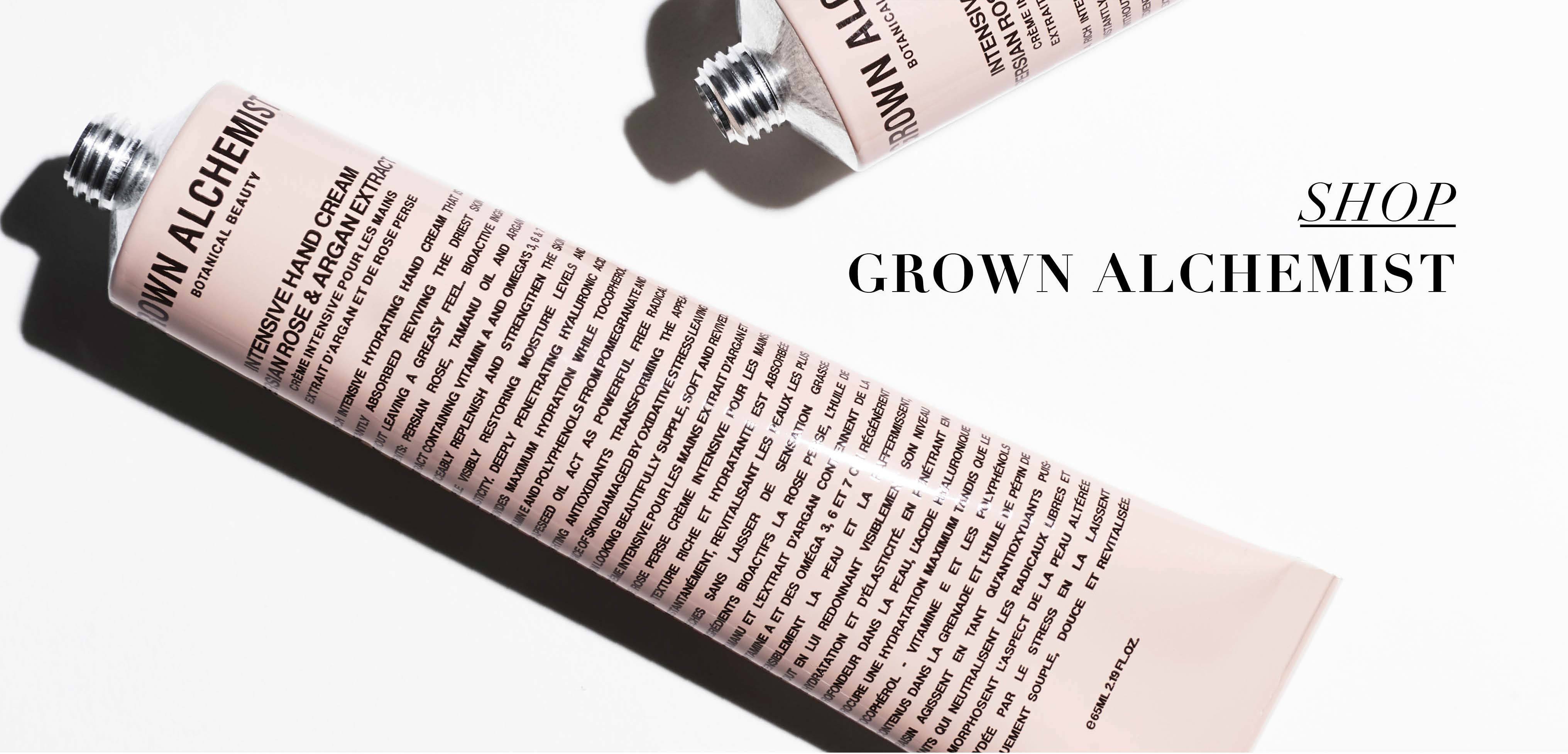WHAT ABOUT THESE INGREDIENTS?
Is our CLEAN-LIST complete?

Our CLEAN-LIST could of course be supplemented. We have discussed the following ingredients for a long time but have not added them to our clean list.
Beeswax: This ingredient has been used in skin care for centuries. Almost all products from small livestock have a positive effect on our skin. Nevertheless, the well-being of the bees is close to our hearts and our partners pay attention to a sustainable extraction of this ingredient.
Karmin: Karmin is one of the oldest colorants at all. It is extracted from the Kermes or Cochenille scale insect. This red pigment is often found in make-up and is permitted, but must be clearly labelled as an ingredient. We understand the desire of some brands to give their products the longevity and radiance of carmine. But we also understand the concern of many who do not want an animal ingredient to be present in their product. You will never find carmine in a vegan brand. For this reason, please use the "vegan" filter on the ingredients to exclude them from your product search.
Fragrance: The term "Fragrance" refers to an ingredient or a combination of ingredients added to a product to create a specific smell. In our CLEAN category we prefer natural fragrances, but also allow synthetic fragrances (but no phthalates, see THE LIST).
Gylcol: We allow polypropylene, propylene, butylene and dipropylene glycol in our CLEAN category. These are all synthetic chemicals that are used to increase the moisture content of the skin and keep products stable. These ingredients do not pose a risk to most people, but people with sensitive skin can be sensitive to these ingredients.
Heavy metals: Lead, nickel, cadmium and other heavy metals are present in very small amounts in both natural mineral pigments and synthetic dyes. While these very low values represent a low risk for human health, many heavy metals build up in our body over time and not only through cosmetics. We take this issue very seriously and believe that heavy metals should be kept at the lowest possible level and are therefore in close consultation with our suppliers.
Lanolin and Keratin: Lanolin is a safe and effective oil obtained from the sebaceous glands of sheep. Keratin is also extracted from sheep's wool. Sheep are neither injured nor even killed for lanolin nor for keratin. If you are looking for a product without animal ingredients, please use the button "vegan" in our filter "Ingredients".
Nanoparticles: The tiny particles measure less than 100 nanometers. And this is really small: One nanometer is the millionth part of one millimeter. Nanomaterials must be labelled among the ingredients, but there is currently no evidence from the EU institutions of safety concerns for nanoforms such as titanium dioxide or zinc oxide, which would justify exclusion from comseedics.
Palm oil: Palm oil and ingredients derived from palm oil are found in many consumer products. Palm oil is a natural, effective, highly beneficial and safe ingredient. However, the extraction of palm oil can often have devastating effects on the local ecosystem. We work transparently with our brands that are and will continue to be committed to the sustainable production of palm oil.
Petroleum-derived and/or synthetic ingredients: We prefer natural or naturally derived ingredients for our CLEAN products, but we do not generally ban petroleum-derived or synthetic ingredients. Why? Synthetic ingredients can be safe and sustainable, and natural ingredients can be harmful and not sustainable. Our CLEAN category is not about 'natural versus synthetic', but about carefully testing ingredients for their potential effects.
Phenoxyethanol: A preservative that also occurs as a natural substance in some plants such as green tea and chicory. It is used to defend against bacteria, fungi and viruses. There are other preservatives that are classified similarly to phenoxyethanol, but can irritate skin and hair more and are a greater burden on the environment. We would be happy if there is soon a natural alternative to this and are in close contact with our brands.
Quaternary ammonium compounds: This type of chemical is often used in consumer products. They are most commonly found as antimicrobial "active ingredients". We have not banned these compounds in principle, as some of them, such as guar hydroxypropyltrimonium chloride, are considered harmless. Some brands have also tried to bypass these ingredients (e.g. by adding more natural ingredients). However, studies have shown that consumers prefer the performance and tolerability of guar hydroxypropyltrimonium chloride.
Retinyl Palmiate: As a retinoid, this ingredient can increase sun sensitivity when applied to the skin and worn in direct sunlight. However, retinyl palmitate in night creams can be considered harmless.
Talc: Talc or talcum is used in a number of consumer products, including make-up. There are two potential concerns about this ingredient. The first is the risk of small particles entering the body through inhalation or perinatal body powders and the second is that asbestos may be present. However, this has not been permitted in Germany since 1976. The WHO classified the use of talc as unclear, as it could not yet be proven that there is a clear link between potential health risks and the use of talc

